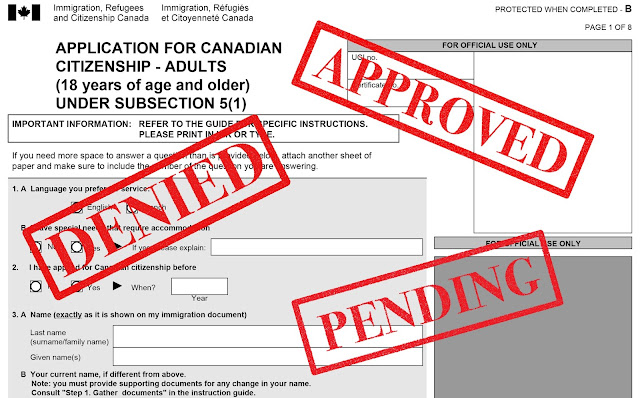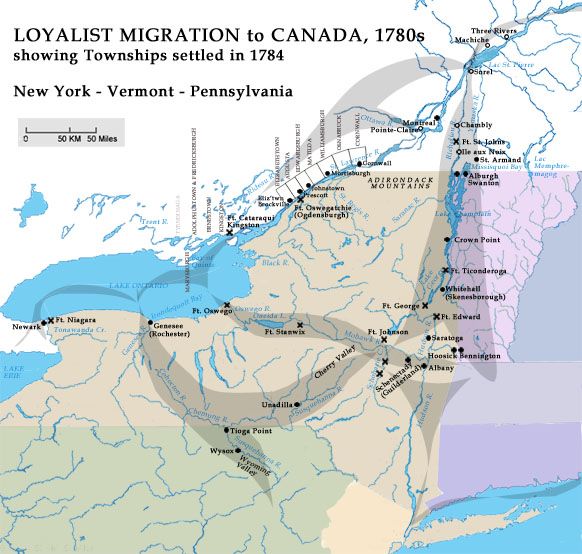Dutch Immigrants arrive in Quebec
Unlike the massive immigration of the previous era, that of
the post-war era is not only to favor the sectors of agriculture or mining and
forestry , concentrated in rural areas. Canada emerged from the Second World
War as an urban and industrial power, and many immigrants soon became employed
in the fields of processing and construction. Some contribute to the
construction of urban infrastructure while others, more educated, move to the
professional and skilled labor sectors.
Other notable changes are also taking place in the post-war
years of immigration. Little by little, the federal and provincial governments
finally succumb to the pressures of a new generation of immigrants and their
children. Increasingly active on the political scene, these immigrants who are
now part of the middle class, have made common cause with Canadians in the war
effort and refuse to be considered as second-class citizens in a country that
they helped defend.
Supported by Canadians, they denounce the racial
discrimination they face and demand reforms in the area of human rights . They
force the government to legislate against discrimination based on race,
religion and origin, in the areas of employment, housing and education. At a
time when Canada is making discrimination illegal on its territory, the
government is working to eliminate the racial, religious and ethnic barriers to
its immigration policy.
By the end of the 1960s, the last vestiges of racial
discrimination had disappeared from immigration laws and regulations. The
country is opening its doors to immigrants who once would have been deemed
undesirable. In 1971, for the first time in Canadian history, the majority of
immigrants are not of European origin. Since then, this scenario is repeated
every year. Canada is not only a multicultural country, but also a multiracial
society, a phenomenon that few Canadians of previous generations could have
imagined.
The points system
We must not believe that anyone can enter Canada. Even
though restrictions based on race or country of origin have disappeared, Canada
is rigorous about the eligibility criteria of its future immigrants. In fact,
at the end of the 1960s, the government set up a points system in order to
evaluate applications.
Each prospective immigrant receives points based on age,
education, ability to speak English or French. Labor market demand is also
considered for the candidate's education or occupation. If a candidate enjoys
good health, shows exemplary dispositions and accumulates enough points, he is
admitted as an immigrant as well as his wife and children. Those who do not
accumulate enough points are denied entry. Canada has recently changed its
system to favor independent, capable candidates and immigrants who can
immediately enter the labor market.
Once established in Canada, each new entrant is called a
"landed immigrant". It enjoys the same rights as other Canadians,
with the exception of certain political prerogatives, such as the right to
vote. After a predetermined number of years (recently reduced from five to
three years), any landed immigrant can apply for Canadian citizenship. When it
is granted, he enjoys the same political rights as the original Canadians. In
addition, like other Canadian citizens, the new immigrant is able to apply to
sponsor the admission to Canada of a close relative who otherwise would not
meet the rigorous eligibility criteria. In addition, he must ensure that the
person he sponsors does not become a burden on society. For many years,
sponsored families were the largest contingent of those admitted to Canada.
Find refuge in Canada.
Since the end of the Second World War, refugees and others
dispossessed by war and repression have been among the many new immigrants. Due
to the labor shortage, Canada admits that tens of thousands of people are left
homeless in the aftermath of the global conflict or are being driven out of
their home country and are refusing to return. Among the deported people are
Jewish Holocaust survivors who have no family or place to settle. Other people
so deported refuse to be repatriated to their countries now under the
domination of the Soviet Union. Many have taken refuge in Canada where they
have made new life.
For Futher Information : Apply online BusinessVisa AustraliaWebsite
For Futher Information : Apply online BusinessVisa AustraliaWebsite




Comments
Post a Comment